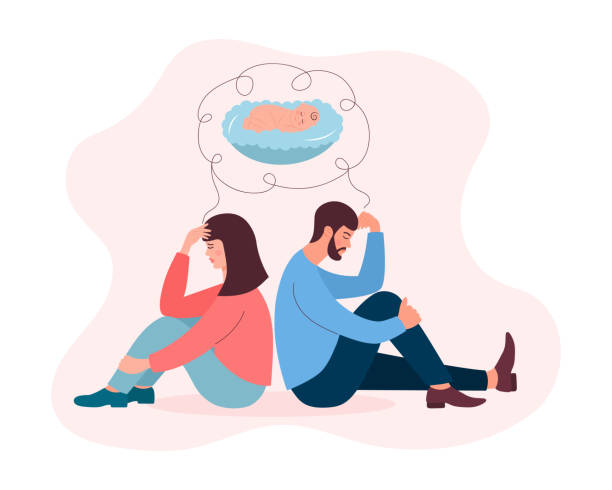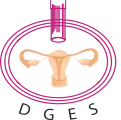

Welcome to the practice of Dr. Smita Vats, a leading Obstetrician and Gynaecologist in Gurgaon with nearly two decades of experience. Specializing in high-risk pregnancies, minimally invasive surgeries, and comprehensive women's health care.




Constipation and bloating during pregnancy are mainly caused by the hormone progesterone, which relaxes the smooth muscles of the body, slowing down the movement of food through the digestive tract. This can lead to gas, bloating, and constipation. To manage these issues:
Reevaluate your iron supplements with your doctor's guidance, as certain brands may worsen constipation.
Frequent urination during pregnancy is caused by hormonal changes and increased blood volume, which leads to the production of more urine. Additionally, the growing uterus presses on the bladder, especially during the first and third trimesters. To manage frequent urination:
You should seek medical attention if you experience pain or a burning sensation while urinating, or if your urine appears cloudy or has a foul smell. These symptoms may indicate a urinary tract infection (UTI), which requires treatment by your doctor.
Period pain, also called dysmenorrhea, happens when you get cramps and other uncomfortable symptoms during your period. This pain can make it hard to focus on work or school and may even stop you from doing your regular activities. There are two types: primary dysmenorrhea, which occurs without any illness, and secondary dysmenorrhea, which is linked to problems in the reproductive organs.